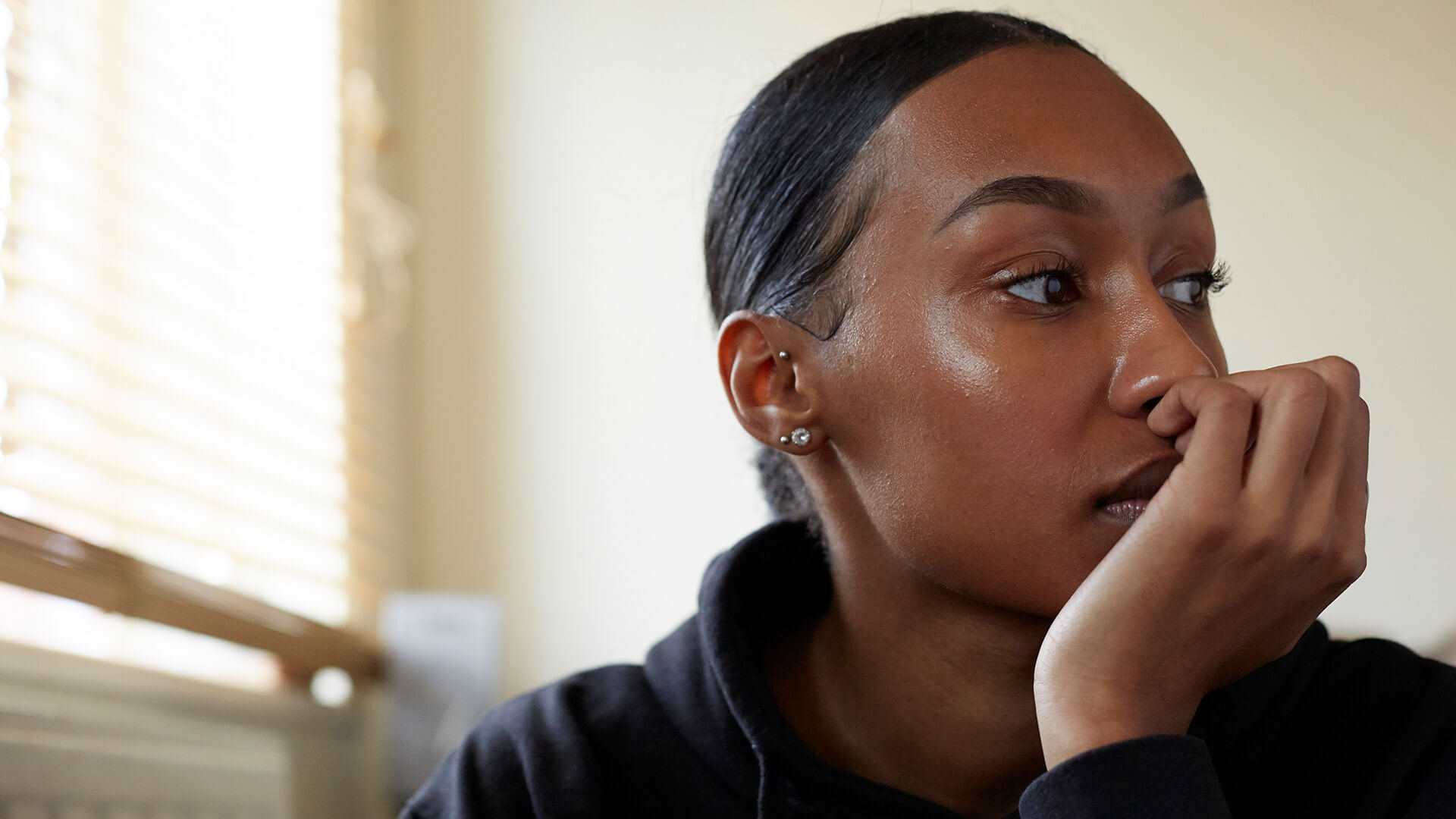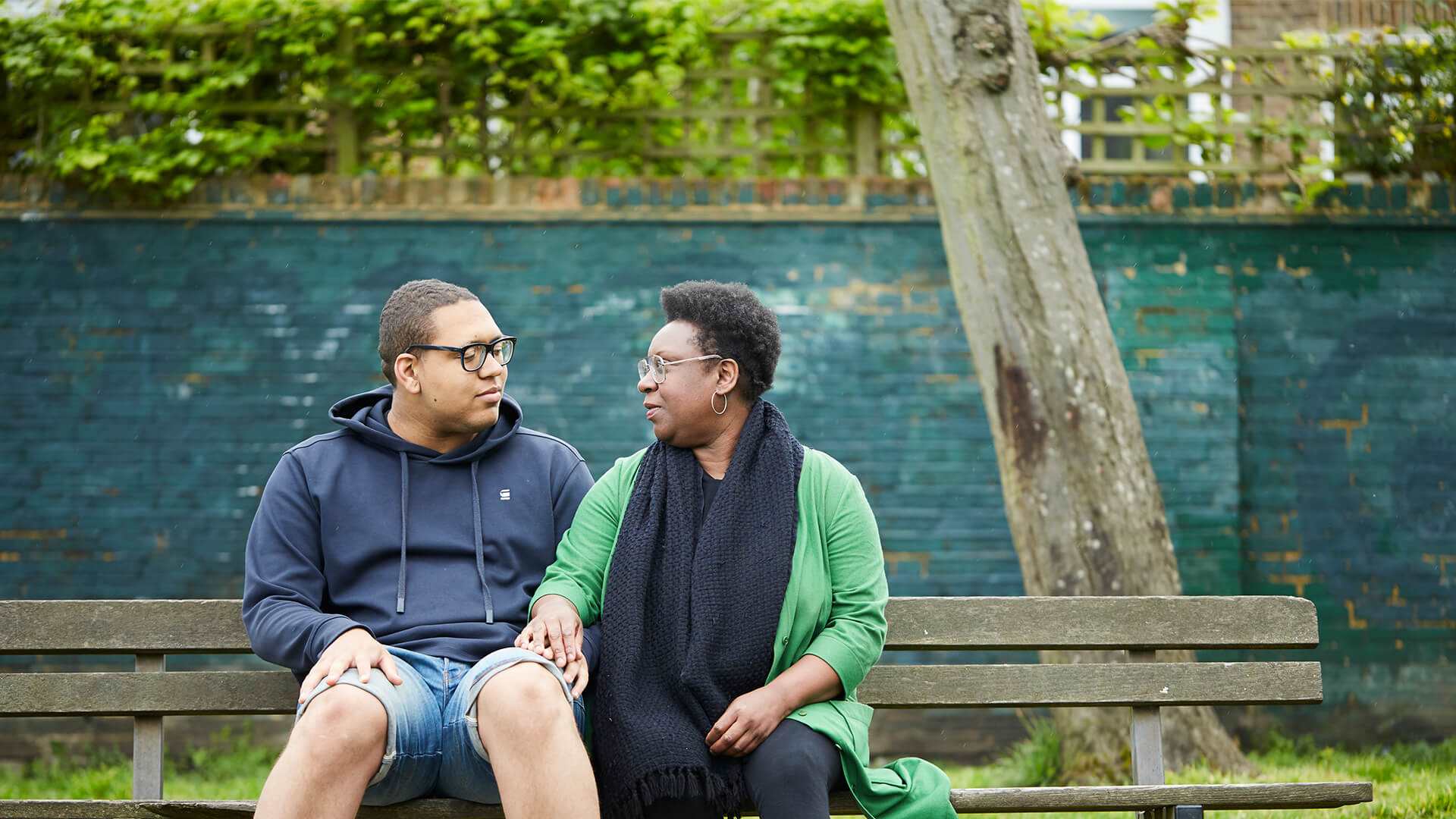
The use of both legal and illegal drugs among teenagers and young adults is widespread. Teenagers are likely to experiment, test boundaries and take risks. Smoking, drinking and trying drugs are some of the most common ways in which many young people do this.
However, substance misuse is also one of the most common risks to a young person’s health and development. All drugs have the potential to cause harm, some can be addictive, and using drugs in combination can increase the risks. Legal drugs such as alcohol and tobacco can be very addictive. Illegal drugs include cannabis, cocaine, ecstasy and heroin.
There are things you can do as a parent to help your child develop a healthy and informed relationship with alcohol and drugs. But if you think your child may be using alcohol or drugs to help them cope with difficult feelings or mental health issues, speak to your GP for professional advice.
Things you can do to help your child
-
Be a responsible role model
You will influence your child’s attitudes towards alcohol and drugs well before they have their first experiences with them.
-
Talk openly and honestly about alcohol whenever your children start asking you about it
This might include the reasons why people can enjoy it, such as socialising and relaxing, drawbacks such as hangovers and getting sick, and the risks posed by alcohol.
-
Make conversations about alcohol, drugs and safe choices part of the day-to-day rather than a one-off ‘big talk’
The more you talk about these issues in the family, the more your children will know they can come to you for information and support when they need to.
-
Help your child learn to make safe and healthy decisions.
Be clear about the connections between drinking, drugs and self-confidence. Encourage your child to strengthen their confidence and wellbeing in other ways such as exercise or sport, doing activities and hobbies they enjoy, and spending time with friends and family.
-
Do your research
Find out what you can about the law and the health and safety risks associated with under-age drinking - as well as the names and effects of illegal drugs. This will help you to feel more confident about setting boundaries and talking to your child.

Download our full Parents Helpline guide to drugs and alcohol
For more information and advice, you can download our full Parents Helpline guide to drugs and alcohol. The guide includes:
- information about drugs and alcohol
- information about addiction to drugs and alcohol, and signs that a young person may be struggling with addiction
- advice on how you can support your child if they are struggling with drugs and alcohol
- a list of helplines and services you can use
You might also find helpful...
Get help now
Useful helplines and websites
-
Frank
Provides honest information about drugs and alcohol.
Live chat service also available (2pm - 6pm, 7 days a week).
Information on accessibility, confidentiality and cost available here.
- Opening times:
- 24/7
-
Drink Aware
Provide support, information and advice about the impact of alcohol on you, your family or friends.
Free webchat service available (hours vary).
- Opening times:
- 9am - 8pm, Monday - Friday; 11am - 4pm, weekends
-
We Are With You
Offers free, confidential support for anyone worried about someone else's drinking or drug use.
Free webchat service available.
-
Alcoholics Anonymous
Offers local support groups for people to share their experiences and solve their problem of alcoholism.
- Opening times:
- 24/7
-
Narcotics Anonymous
Provides information for anyone who needs support and advice about drug addiction.
- Opening times:
- 10am - midnight, seven days a week
-
Nacoa
Provides information, advice and support for anyone affected by a parent’s drinking.


